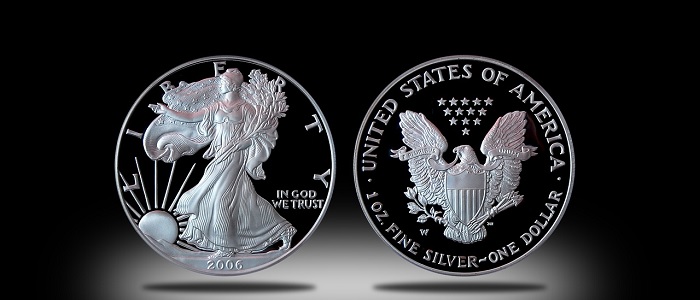The ECB is Trapped, Here’s Why [Lyn Alden]
“Base money is a liability of the central bank, and it’s used as a reserve asset by commercial banks. Broad money is the liability of commercial banks, and it’s used as a savings asset by the public. Treasuries are liabilities of the federal government, and they’re used as collateral by the central bank and commercial…
Read More








Recent Comments